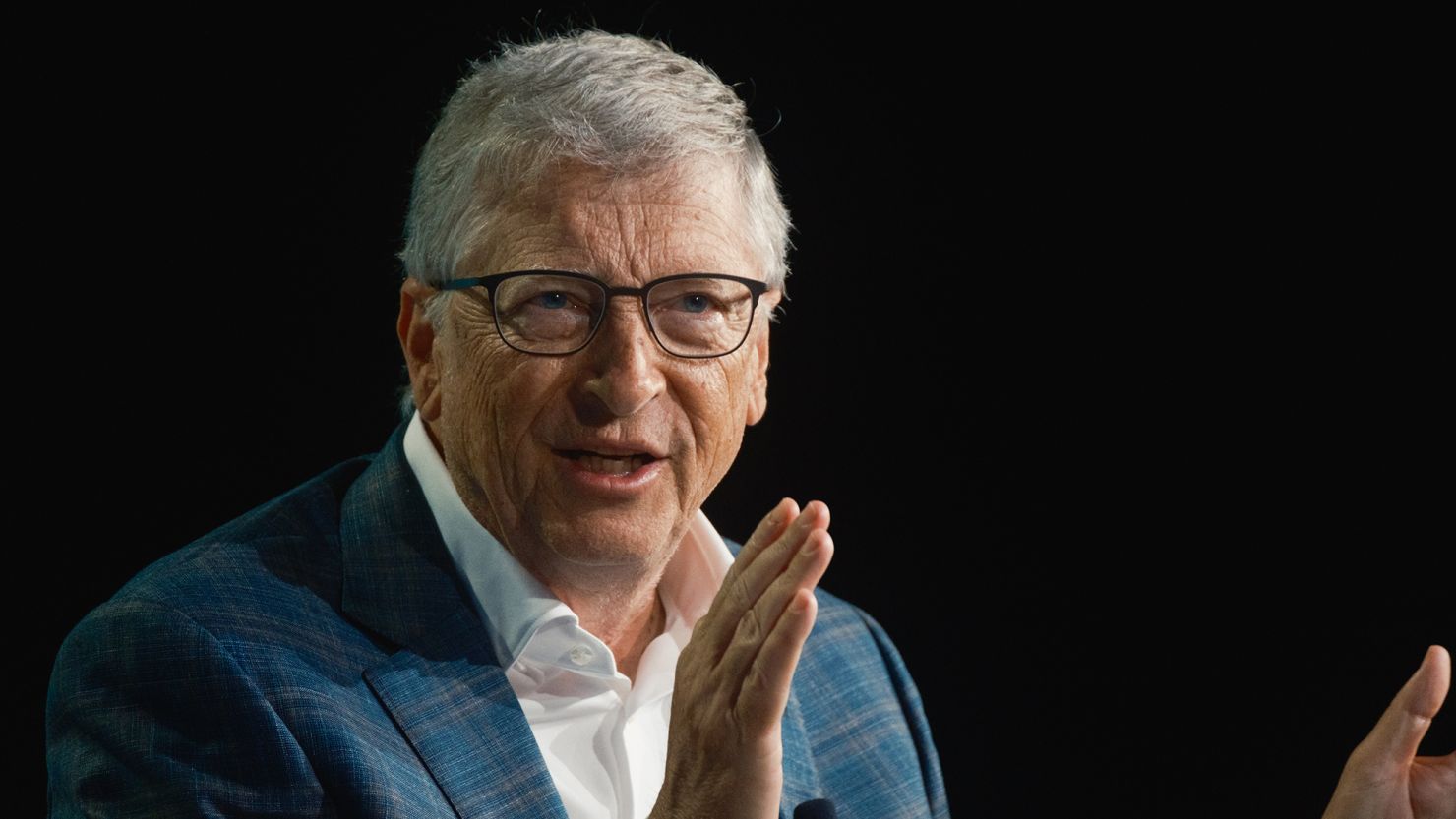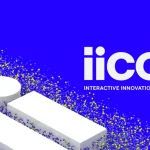Bill Gates has expressed his shock over Intel’s recent decline, noting that he is “stunned” by the chipmaker’s inability to keep pace with industry advancements. In an interview, Gates discussed how Intel, along with Microsoft, helped shape the personal computing revolution in the 1980s and 1990s. However, he criticized the company for falling behind in both chip design and manufacturing, areas where it once led the industry.
Leadership Changes and Uncertainty
Intel’s struggles were further exacerbated by the resignation of CEO Pat Gelsinger, who had initially been seen as a potential savior for the company. Gelsinger had made promises to revamp Intel’s chip design and manufacturing processes, but after his abrupt departure, Gates expressed concern about the company’s future. Although Gates had hoped Gelsinger would succeed in reversing Intel’s fortunes, he now doubts whether the company can recover from its current difficulties.

One of the key issues contributing to Intel’s decline is its failure to stay at the cutting edge of chip development. Gates highlighted how the company, under the leadership of co-founder Gordon Moore, once stayed ahead of competitors by constantly pushing the boundaries of technology. However, Intel is now struggling to innovate and keep up with rivals, especially in chip design and fabrication, both of which are capital-intensive and critical for maintaining a competitive edge.
Missed Opportunities in AI
Gates also pointed out that Intel has missed significant opportunities in the growing AI chip market. While companies like Nvidia have dominated the AI space, especially with their GPUs used in AI applications, Intel has not made the necessary strides in this area. Gates criticized Intel for failing to adopt the same industry standards embraced by Nvidia and Qualcomm, which has hindered its ability to compete in the rapidly expanding AI sector.
Despite its challenges, Intel is attempting to recover with the introduction of its next-generation “18A” chip manufacturing process, which is expected to power its Panther Lake chips in 2025. However, the company faces tough competition from rivals like AMD, Apple, and Qualcomm, all of which are tapping into Taiwan’s TSMC for advanced chip production. Meanwhile, Gates remains actively involved in Microsoft’s ongoing innovation, especially in the integration of AI into products like Office, pushing the company to accelerate its AI-driven advancements.




